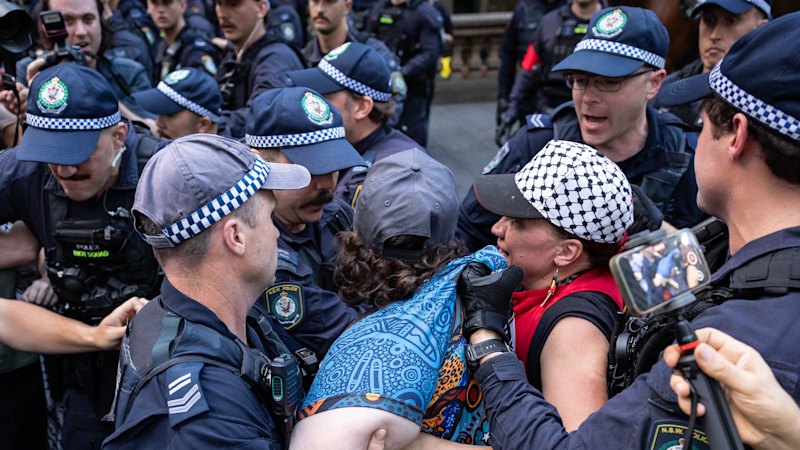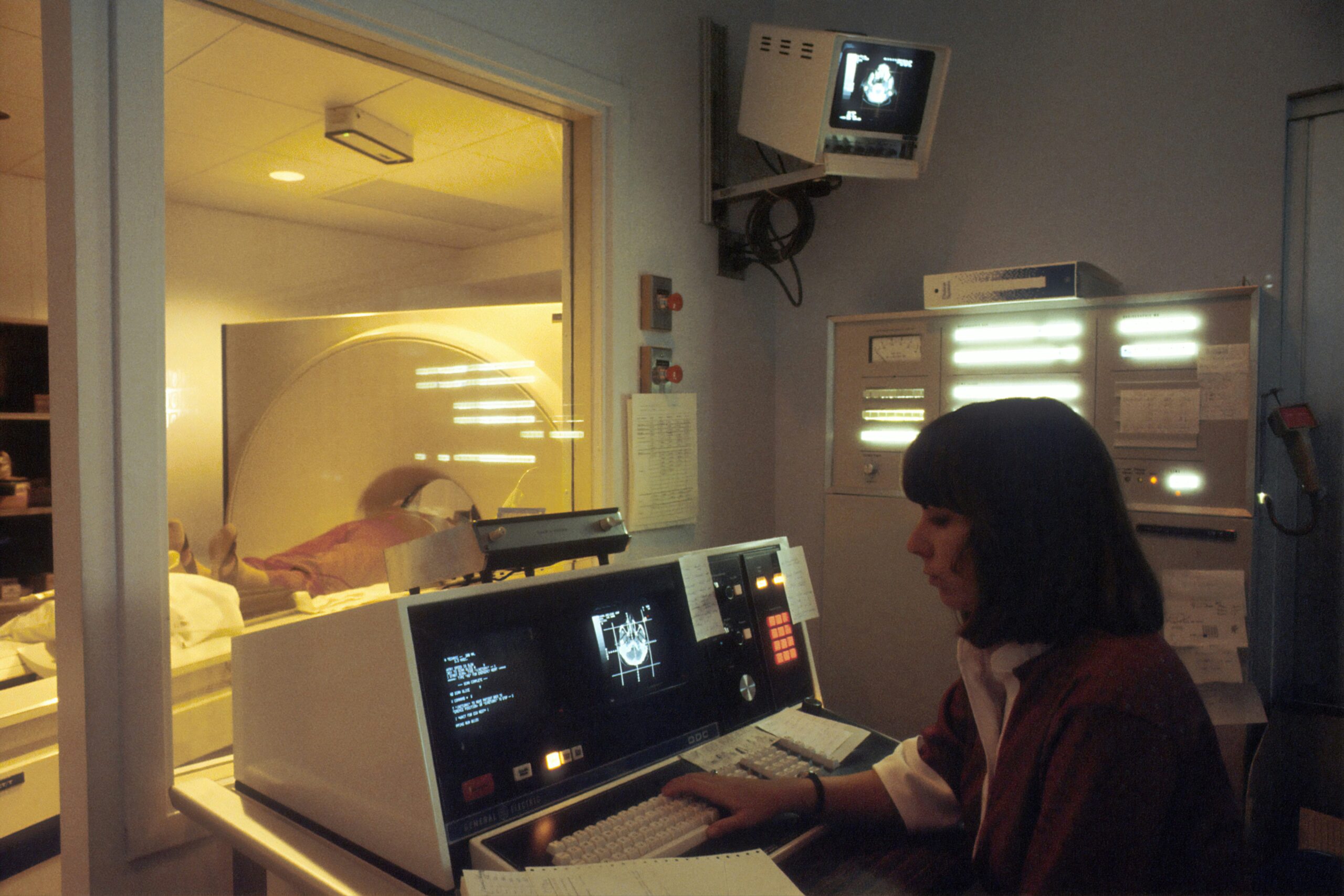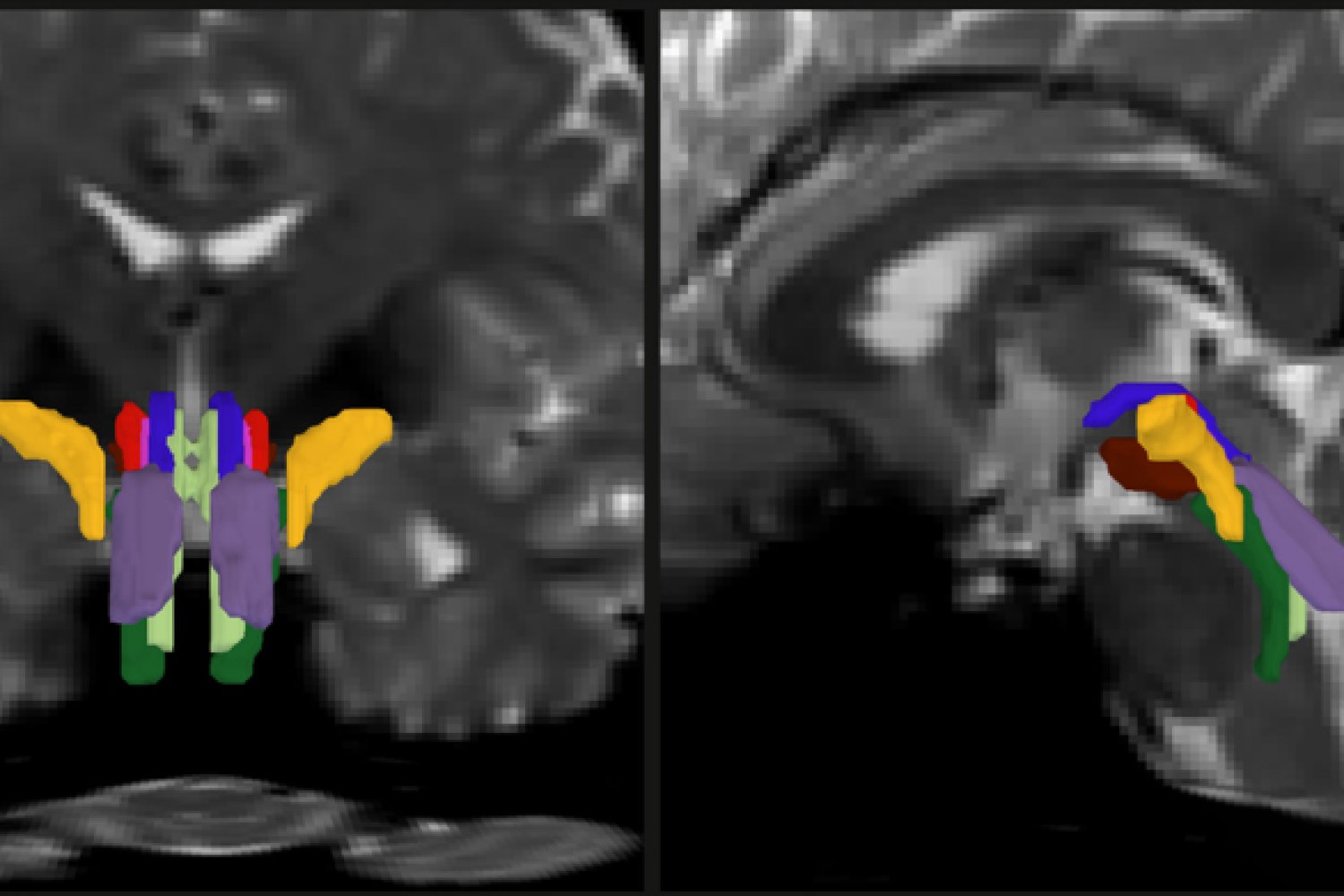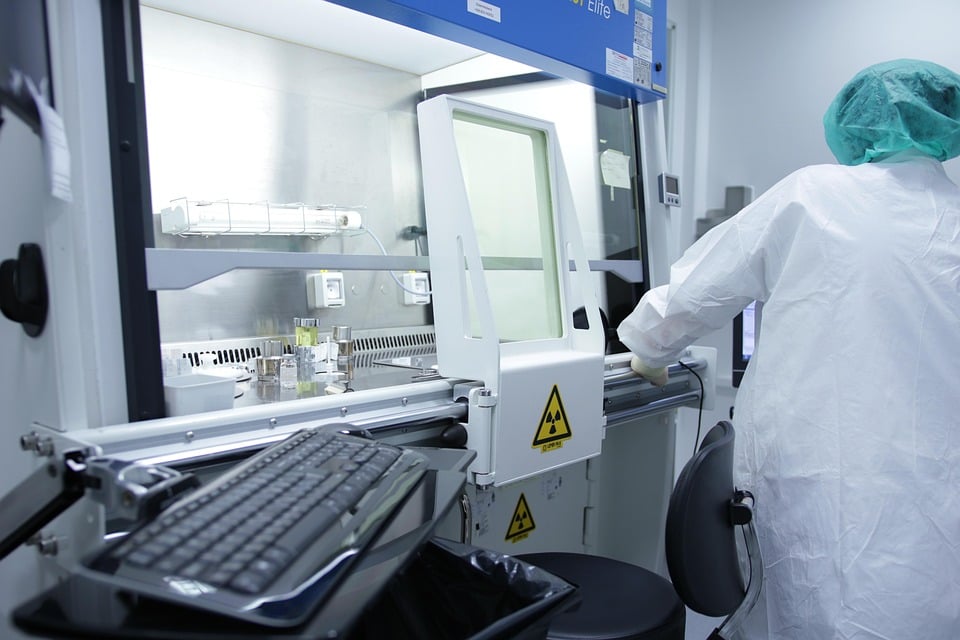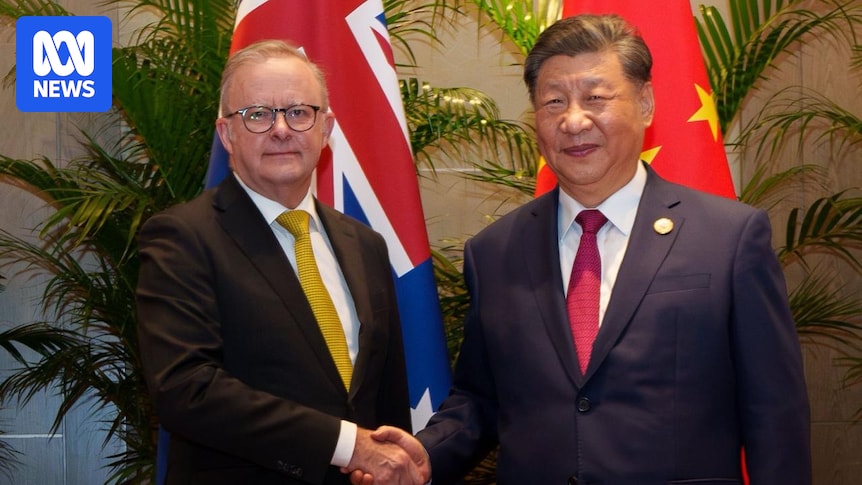
Prime Minister Anthony Albanese is set to embark on a pivotal six-day visit to China, covering Beijing, Shanghai, and Chengdu. Scheduled to commence tomorrow, the trip includes high-level discussions with China’s Premier Li Qiang and President Xi Jinping. This visit comes at a time when Australia is grappling with the complexities of Donald Trump’s unpredictable “America First” policies, while also managing a crucial yet contentious relationship with China—a nation that is both an essential economic partner and a strategic adversary.
The stakes are high as Mr. Albanese prepares to address key issues during his visit. The primary focus is on economic opportunities, particularly in the realm of job creation, as China remains Australia’s largest export market. This economic relationship has been revitalized in recent years, with China lifting trade barriers that had previously strained ties. In April, Australian beef exports to China reached unprecedented levels, signaling a robust trade environment.
Economic Opportunities and Challenges
Accompanying Mr. Albanese is a delegation of business leaders from sectors such as finance, resources, agriculture, and education. As China’s middle class continues to expand, Australian companies are keen to tap into this burgeoning market. Despite efforts to diversify trade, the vast Chinese market remains irreplaceable for Australia.
However, the relationship is not without its limitations. While the Australian government adheres to a policy of “stabilisation”—cooperating where possible and disagreeing when necessary—China seeks to leverage economic ties for political gains. Recently, China’s Ambassador to Australia suggested expanding the free-trade agreement to include areas like artificial intelligence, a proposal met with caution by Mr. Albanese.
Richard McGregor from the Lowy Institute remarked, “China’s not a trusted security partner for Australia, so engaging too much with Australia is really out of bounds.”
Security Concerns and Strategic Interests
Security remains a critical issue, particularly concerning Chinese investments in sensitive sectors such as rare earths and strategic infrastructure. The Port of Darwin, currently under Chinese company Landbridge’s control, is a focal point. The Australian government has pledged to return the port to Australian ownership, a promise that has drawn criticism from China.
Deputy Prime Minister Richard Marles emphasized the need for Australia to maintain a balanced approach, stating, “Australia cannot rely on the US alone to counter China.” This sentiment follows assurances from the US that it will not abandon its allies in the Indo-Pacific region.
Australia is wary of China’s military ambitions, particularly its activities in the Pacific and its military build-up. The recent circumnavigation of Australia by the People’s Liberation Army Navy underscored these concerns. Additionally, issues such as human rights in Hong Kong, Tibet, and Xinjiang remain contentious topics likely to be raised during Mr. Albanese’s visit.
Climate Cooperation and Future Prospects
Despite these challenges, Australia recognizes China’s pivotal role in addressing global issues like climate change. Foreign Minister Penny Wong highlighted China’s importance at the ASEAN meeting, noting its centrality in solving global challenges.
Caroline Wang from Clean Energy Finance stated, “China leads the world by a staggering margin in many aspects of the energy transition.”
Australia is keen to collaborate with China on climate initiatives, with potential announcements on green energy cooperation expected during the visit. China’s advancements in renewable energy and electric vehicle production make it a key partner in Australia’s efforts to reduce emissions and build green industrial capacity.
Geopolitical Dynamics and Trump’s Influence
The backdrop of Mr. Albanese’s visit is further complicated by the looming presence of Donald Trump. The former US president’s tariff policies have created uncertainty in global trade, and Australia is wary of being caught in the crossfire. Mr. Albanese faces criticism for not yet securing a meeting with the US president, highlighting the delicate balance Australia must maintain between its alliances.
Richard McGregor warned, “We’re getting it from both sides. We’ve experienced intense Chinese economic coercion, and we’re now about to get that from the United States.”
As Mr. Albanese navigates this complex geopolitical landscape, his approach will be crucial in shaping Australia’s future relations with China and the broader international community. The outcomes of this visit could have lasting implications for Australia’s economic and strategic positioning.


